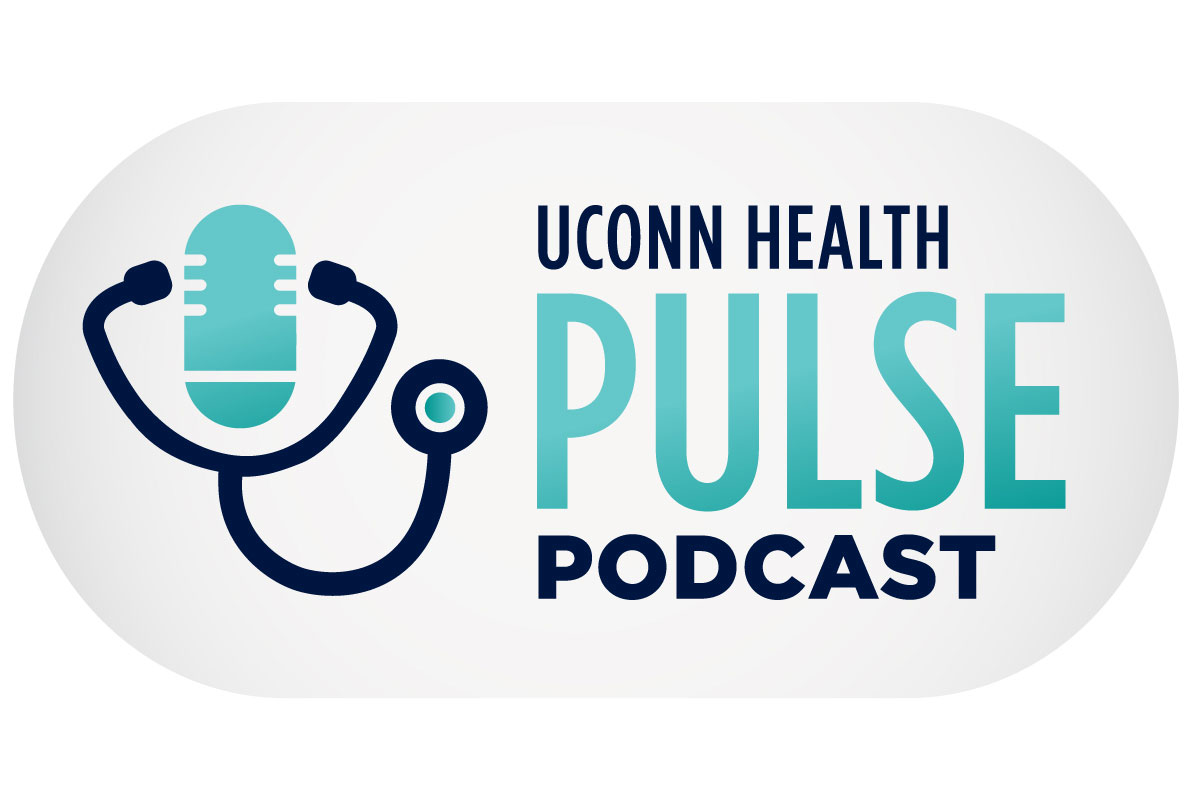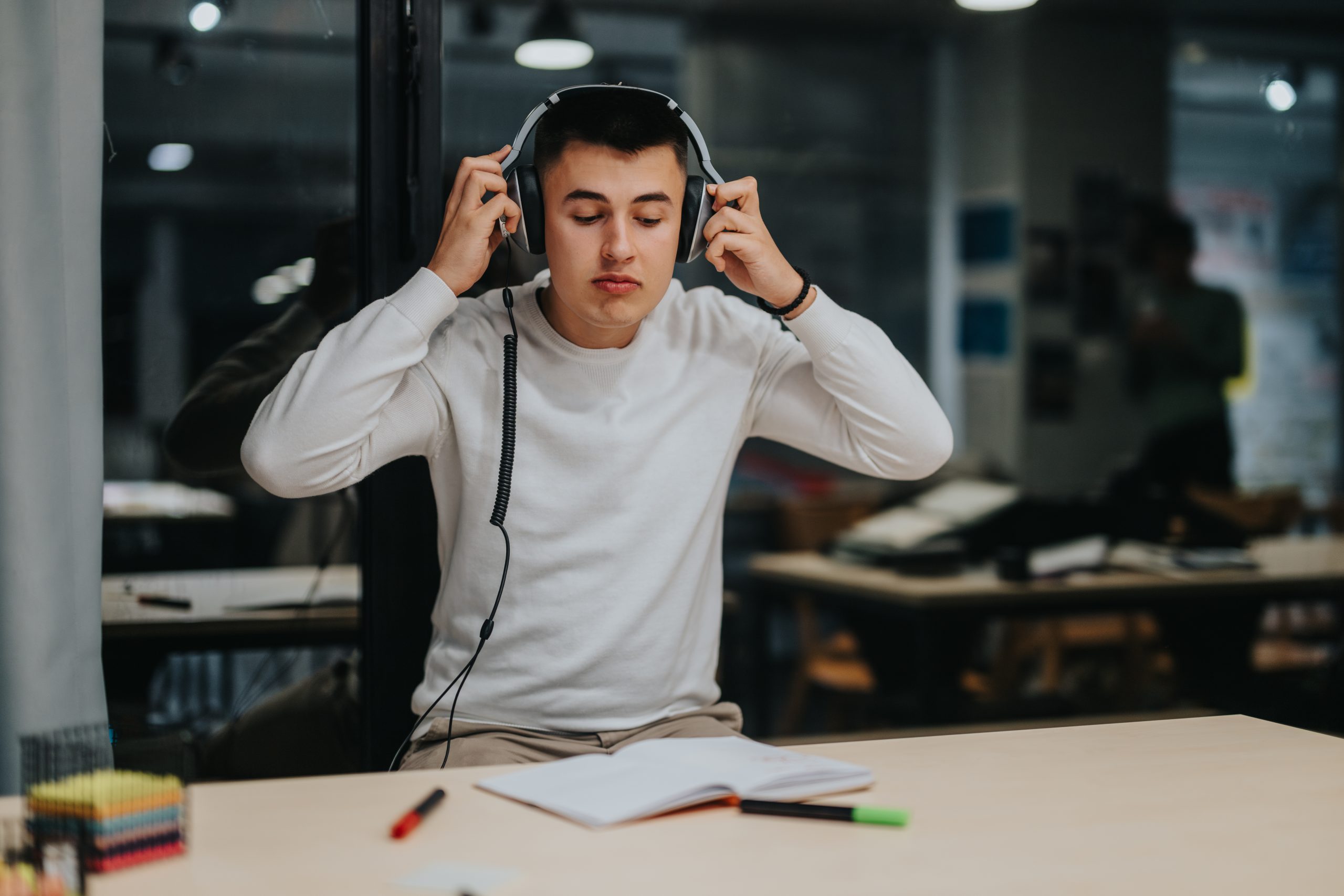UConn’s residence halls, classrooms and labs, offices, and other spaces will be buzzing with all the activity of a new academic year at this time next week, albeit with several precautions still in place to continue guarding against the spread of COVID-19.
The fall 2021 semester, which starts Monday, will be drastically different than fall 2020, when on-campus housing capacity was stringently limited, most employees were working remotely, and many classes were offered only online due to pandemic conditions.
Rather than 40% of capacity, UConn’s residence halls will be at 90% once students finish moving in this weekend. And on the academic side, about 90% of the lectures, labs, seminars, and hybrid courses for fall 2021 are listed as an in-person modality, bouncing back from 25% last fall.
A roundup of UConn’s policies and resources has been gathered at a dedicated website at http://www.covid.uconn.edu/.
UConn Health safety protocols are determined differently than those at Storrs and the regional campuses based on circumstances in the health center’s facilities and among its population, and can be found on its website.
At Storrs and the regional campuses, the following guidelines and procedures are in place:
Move-In Weekend:
First-year students start moving into Storrs residence halls on Friday, Aug. 27, and all other students in Storrs and Stamford housing will move in over the weekend.
Last year, students could only be accompanied inside by one parent at a time. This year, there are no limits on the number of people who can assist them, although everyone who goes inside must be masked.
UConn Residential Life has posted a list of Frequently Asked Questions on its website to help students and families learn more about the move-in process, special circumstances in place as health precautions, and other details.
Students who live in on-campus housing also agree to the fall 2021 Temporary Health & Safety Procedures on guests, masks, the use of testing and modified quarantine procedures when necessary, and dining hall rules.
Parents will not be allowed to join their students in the dining halls during the move-in period, because those spaces can quickly become congested. That increases the risk for contagion, since people remove their masks when eating and drinking.
However, parents are encouraged to visit the food court on the ground floor of the UConn Student Union, a larger and more open space, if they wish to get food and beverages when on campus.
Students who are not fully vaccinated when they arrive on campus will be tested on-site before they receive keys to their residence hall room. Appointments for the vaccine will also be available on campus throughout the semester. Unvaccinated students are subject to testing and other provisions of which they have been notified.
Visitors and employees are cautioned to watch for traffic patterns that are temporarily changed due to the move-in weekend, and Interim President Dr. Andrew Agwunobi has encouraged employees to telecommute on Friday if feasible to reduce the on-campus population.
Academic Operations:
The Provost’s Office recently posted an FAQ on its site to address questions about instruction and classroom management, COVID exposure, academic events and meetings, student support, COVID resources, the effects of bad weather on classes and work schedules, and the fall 2021 semester’s reading days.
“Our plans for the fall are intended to allow as much of a return to in-person operations as possible while still prioritizing the health and safety of our community,” Carl Lejuez, UConn’s provost and executive vice president for academic affairs, wrote recently to the University community.
“This includes keeping close watch of new developments such as the spread of the Delta variant,” he added. “This is a true community effort, as multiple offices and teams have led our planning and preparations to come together again on our campuses.”
The entirety of his letter can be found on the provost’s office site, and includes many specifics about academic operations and considerations, campus operations, and other details.
Masks and Social Distancing:
UConn’s policy remains in place requiring all faculty, staff, students, and guests to wear masks when inside a campus building.
The policy includes specific helpful details about circumstances in which people can remove masks in private spaces, and a listing of how to comply in specific kinds of spaces such as classrooms and libraries, in-person meetings, research labs, common spaces, and other locations.
Although masking is not required outside of buildings, people who have not been vaccinated are strongly encouraged to wear masks outside and to maintain six feet of social distancing space from others inside. Individuals who have been vaccinated do not need to maintain that space unless they wish to do so.
Health & Safety Measures:
To support a safe return to campus, the Department of Environmental Health and Safety has established a COVID-19 Health and Safety Resources Page that includes “Returning to Campus” training; campus guidelines on face coverings and masks, cleaning, visitors, and ventilation; available signage and supplies; FAQs; and other related resources.
Facilities Operations teams also have conducted enhanced cleaning while optimizing ventilation, and providing preventative resources such as face coverings, hand sanitizer, disinfectants, and signage. Details can be found in a dedicated section on its website.
For instance, ventilation-related health and safety measures in many areas will be in place but not visible, such as enhanced air-circulation systems that can increase the percentage of outside air that circulates in many classrooms and office spaces.
In some spaces, the ability to bring in fresh air is limited by window air conditioning or ventilation units. UConn Environmental Health & Safety has developed many tips on how to improve air flow by directing blowers on low and pointed away from occupants, maximizing outdoor air-damper settings, opening windows and doors to increase ventilation here possible, and other guidance.
Window fans may be used, but they should be set to pull air out of the office or classroom. Free-standing fans or window fans that blow into the space can push air from one person to another and should not be used.
In certain teaching spaces and laboratories where it isn’t possible to add more outside air, the University is stationing stand-alone portable air-filtration devices. The classrooms and teaching labs equipped with those units is also listed on the EHS guidance document.
Offices and departments that need COVID-related supplies such as hand sanitizer or paper masks are also reminded to check with the University’s warehouse before ordering directly from a new supplier, helping UConn keep costs down and monitor the demand and use of those items.
Tracking the University’s Health:
UConn continues to update its COVID Dashboard with weekly vaccination figures for students and will start fall semester under the Orange Code for indoor and outdoor gatherings.
“We are one of the best universities in the country and the world. That means that we will welcome our best and brightest from all over the world this fall. In doing so, we will be safe, healthy, and grateful to be an in-person learning community again,” Eleanor JB Daugherty, UConn’s dean of students and associate vice president for student affairs, wrote to students this summer.
“Preparation for fall means that we accept that COVID-19 is not over,” she said. “We recognize that variants can jeopardize our health and safety at UConn. As a global university, we will open cautiously and safely this fall with all of this information in mind.”
As part of continuing to monitor campus safety, the University’s COVID dashboard will be updated throughout fall semester – as it was in recent semesters – to reflect any confirmed student COVID cases of which the University becomes aware.
As of Aug. 18, about 96% of students who will live in Storrs student housing have submitted proof of vaccination so far to UConn, and Student Health & Wellness is making COVID vaccines available to all Storrs-based undergraduate and graduate students. Appointments for the vaccine will be available on move-in weekend and throughout the semester at Storrs.
Students can request an appointment, learn more about isolation and quarantine procedures, upload their vaccine records, and get other information on SHaW’s site.
Employee Considerations:
UConn Human Resources has added many resources to its website to help employees navigate questions about mandatory vaccinations, vaccine exemptions and deferrals, testing, telecommuting, work-related travel, and other considerations.
Importantly, all currently active and new employees are required to receive a COVID-19 vaccine or a deferral or exemption under the Mandatory Workforce COVID-19 Vaccination Policy.
The University will require all employees who have an approved deferral or exemption to undergo weekly testing. Graduate Assistants and student workers will only be subject to the student vaccination policy.
In addition, Human Resources continues to invite a random sample of its vaccinated employee population to participate in voluntary surveillance testing.


